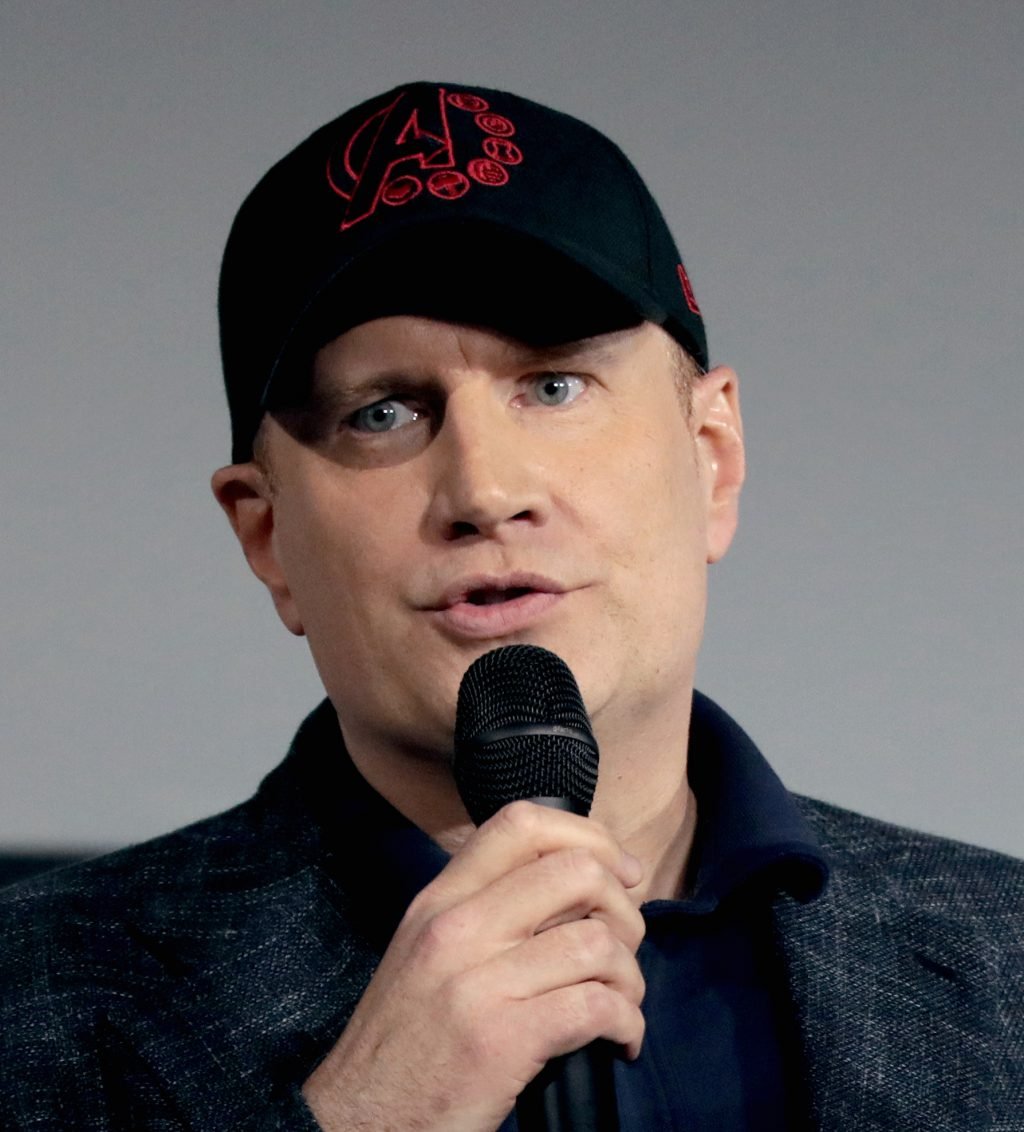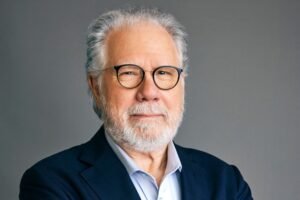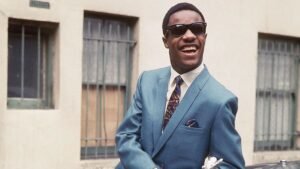Kevin Feige: the architect of Marvel’s success

Presidente de Marvel Studios
Kevin Feige, born on June 2, 1973, in Boston, Massachusetts, is a prominent figure in the Hollywood film industry and one of the most influential creative minds in superhero movie production. As president of Marvel Studios, Feige has played a central role in creating and expanding the Marvel Cinematic Universe (MCU), a cultural phenomenon that has redefined the landscape of cinema and large-scale storytelling.
Professional career
Kevin Feige graduated from the University of Southern California with a degree in film. His passion for visual storytelling and deep love of comic books led him to the film industry. He began his career in 1993 as a production assistant on the film The adventures of Huck Finn. His breakthrough came in 2000 when he joined Marvel Studios as an executive producer.
During his early years at Marvel, Feige played a crucial role in producing films such as X-Men and Spider-Man, gaining valuable experience in adapting comic book characters for the big screen. His insight and passion for Marvel’s heroes gave him a deep understanding of what fans expected from these films.
The birth of the Marvel cinematic universe
The pivotal moment in Feige’s career came in 2008 with the release of Iron Man, the first film in the MCU. As lead producer, Feige made the bold decision to cast Robert Downey Jr. as Tony Stark / Iron Man—a move that proved wildly successful. The film marked the beginning of a shared cinematic universe that would go on to include iconic characters like Captain America, Thor, Hulk and the Avengers.
Under Feige’s leadership, the MCU became a global phenomenon, earning billions of dollars at the box office and developing a devoted fan base around the world. His focus on complex characters and interconnected storylines across multiple films proved to be a groundbreaking formula that forever changed the way superhero movies are created and experienced.
Key achievements
Feige’s career includes several notable milestones:
- Innovative agreements: under his leadership, Marvel Studios secured long-term deals with key actors and directors, ensuring continuity and emotional connection across the franchise. Actors like Robert Downey Jr. and Chris Evans portrayed their roles over many years, which helped build authenticity and audience trust.
- Consistent success: with Feige at the helm, Marvel Studios has released over 20 box office hits, making the MCU one of the most successful film franchises of all time.
- Diversity in storytelling: Feige has championed diversity on screen and behind the scenes, introducing superheroes from different ethnic backgrounds and genders. These efforts have been widely praised for expanding representation in mainstream cinema.
- Television integration: Feige also oversaw the expansion of the MCU into television, launching series like WandaVision and Loki, which deepened the narrative ties between the big and small screens.
Controversies and overcoming challenges
Like any major executive, Feige has faced his share of controversies. One notable case was the departure of director Edgar Wright from Ant-Man due to creative differences. Feige handled the situation diplomatically and successfully completed the project under Peyton Reed’s direction.
Legacy and future
Kevin Feige has left an indelible mark on the film industry and led Marvel Studios to unprecedented heights. His vision and leadership continue to shape the evolving MCU, which keeps expanding through new films and series. His ability to maintain excitement and innovation within such a vast shared universe is a testament to his creative genius.
Feige is a pioneer in superhero filmmaking and a visionary force in modern cinema. His commitment to quality storytelling and authentic adaptation of comic book characters has made him a defining figure in pop culture. His legacy will influence future generations of filmmakers and fans, while his dedication to inclusion and innovation ensures a promising future for the Marvel Cinematic Universe.





